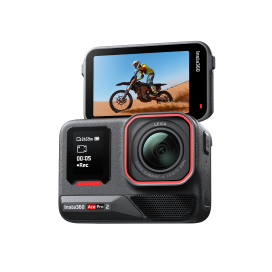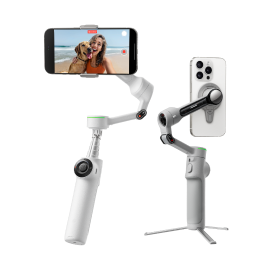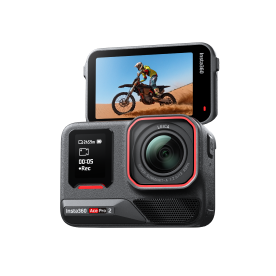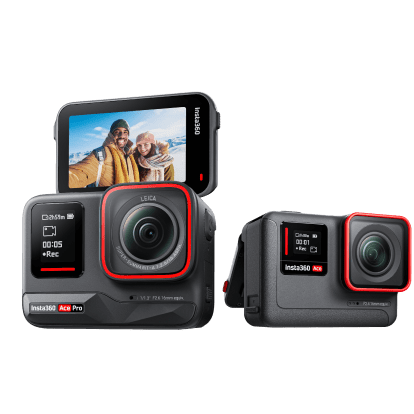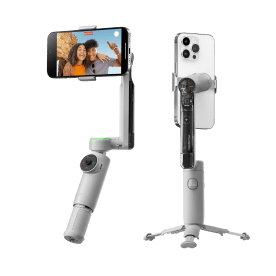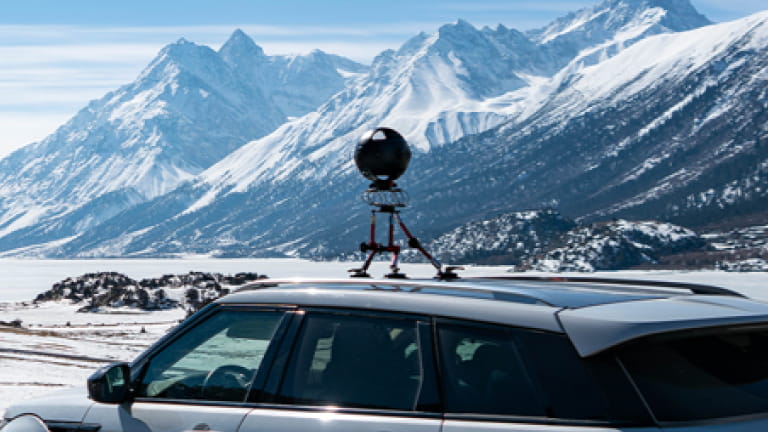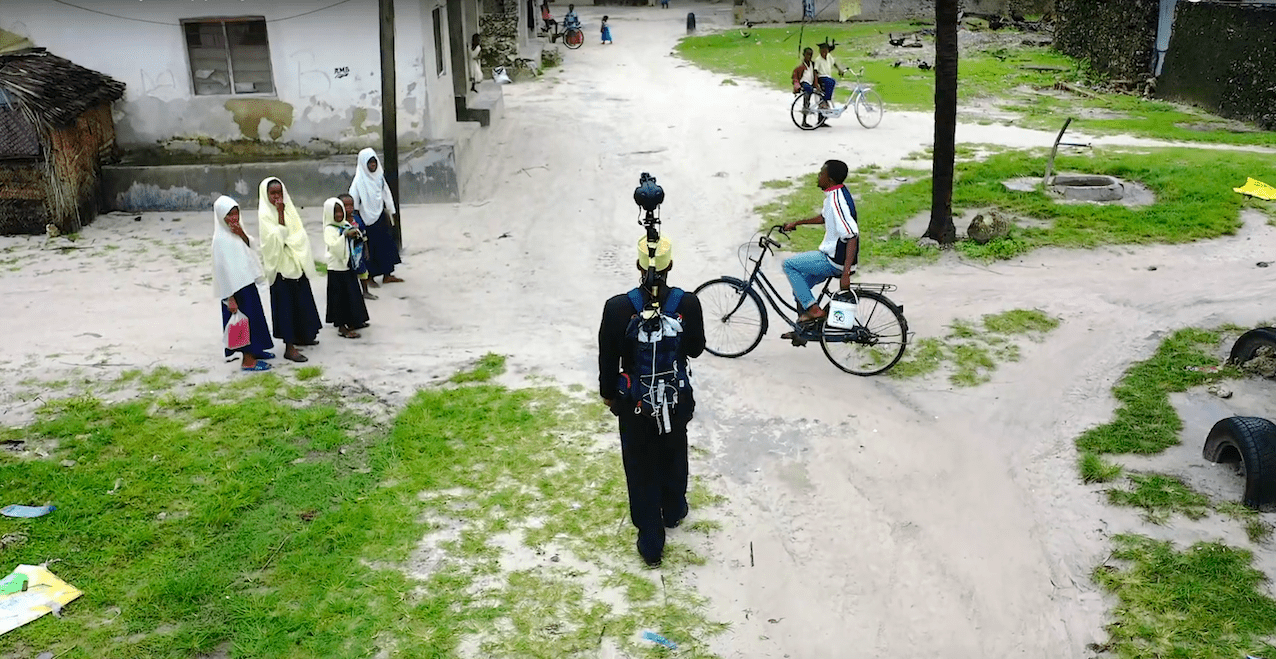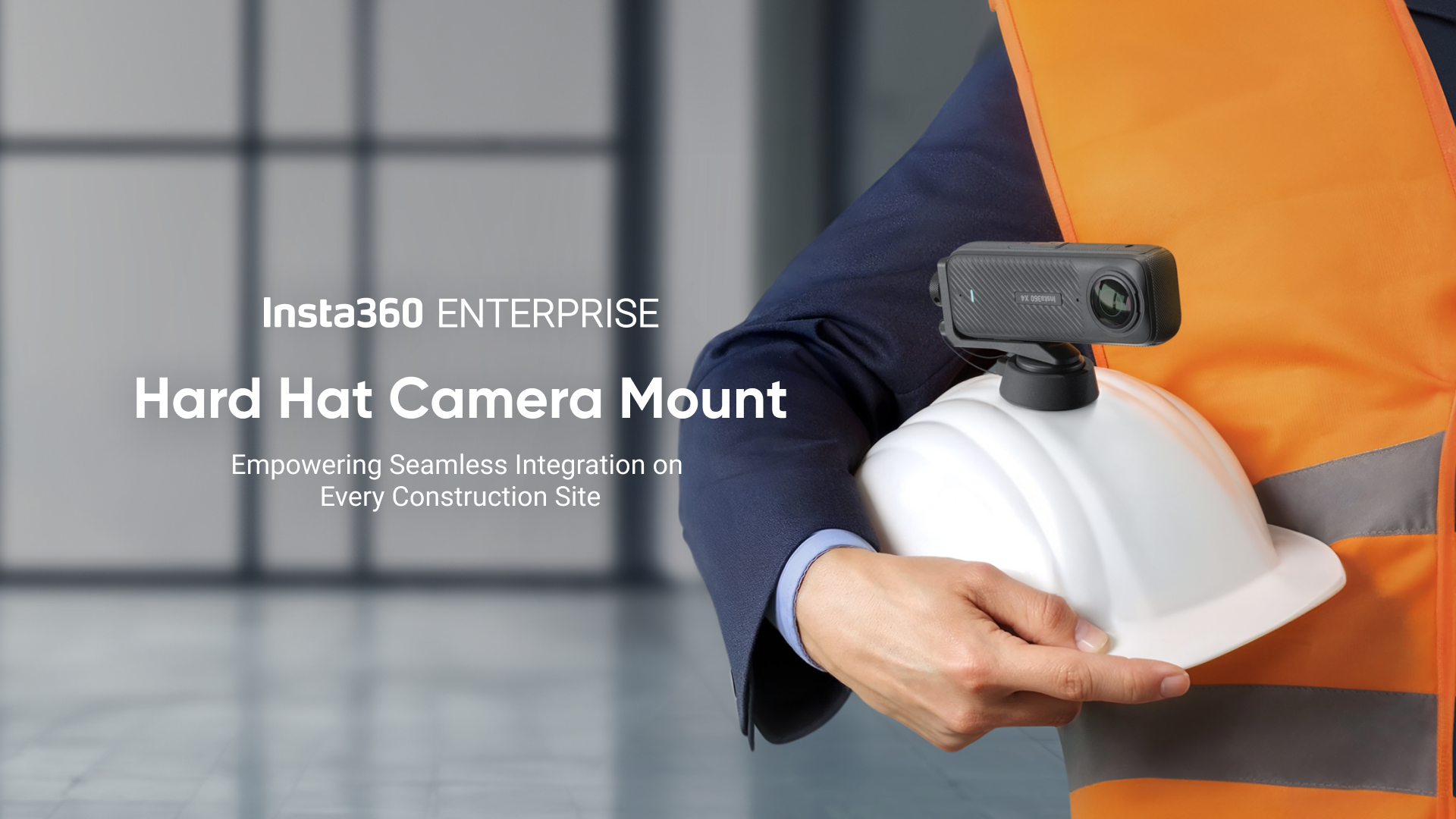It's been 12 years since Google first introduced Street View, offering explorable, street-level views of the world.
By allowing people to visit new destinations from the safety of a phone, Street View has been a boon to businesses and tourism boards. Research shows that search results that include Street View content are twice as likely to lead to in-person visits.
But the attention of Google's roving Street View cameras can be fickle. While 99% of the US is mapped, many regions are still mostly or completely uncovered on the platform. Africa, in particular, is a relative Street View desert, and tourism boards in some African countries are becoming increasingly aware of the disadvantage this puts them at.
Zanzibar, the heavily tourism-dependant island in Tanzania, decided to take a proactive approach to winning coverage on Street View. Rather than waiting for a visit from Google, the Ministry of Tourism worked with World Travel in 360, an organization specialized in virtual tourism, to train up a local team of Street View photographers.
Insta360 was honored to sponsor Zanzibar's government with five Insta360 Pro cameras to assist their efforts. We recently spoke to Federico Debetto, co-founder and co-owner of World Travel in 360, to learn more about the story and technology behind Zanzibar's unique initiative.
Could you please introduce yourself and your company?
I’m a Google Trusted Photographer from Italy, specialized in large-area promotional tours. I'm co-founder and co-owner of World Travel in 360, together with my friends and colleagues Nickolay Omoelchenko and Chris Du Plessis.
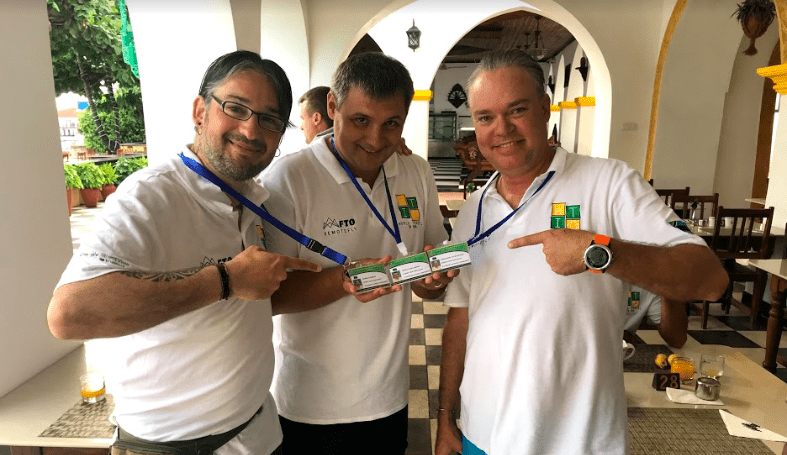
How did your collaboration with Zanzibar's Ministry of Tourism come to be?
The government of Zanzibar was the first to ask us for support on Street View capture. The Minister of Tourism is a young and dynamic guy and knew the promotional power of Street View, especially for a place like Zanzibar, where a big part of their income comes from tourism.
The idea from our side was to do something that we are good at — creating content for Street View — to help those who need help, for good instead of for money. During Google's 2018 Street View Summit, I understand that Zanzibar asked Google to support on bringing Street View coverage to the country, without success. So we decided to help them and empower Zanzibar to contribute its own Street View content.
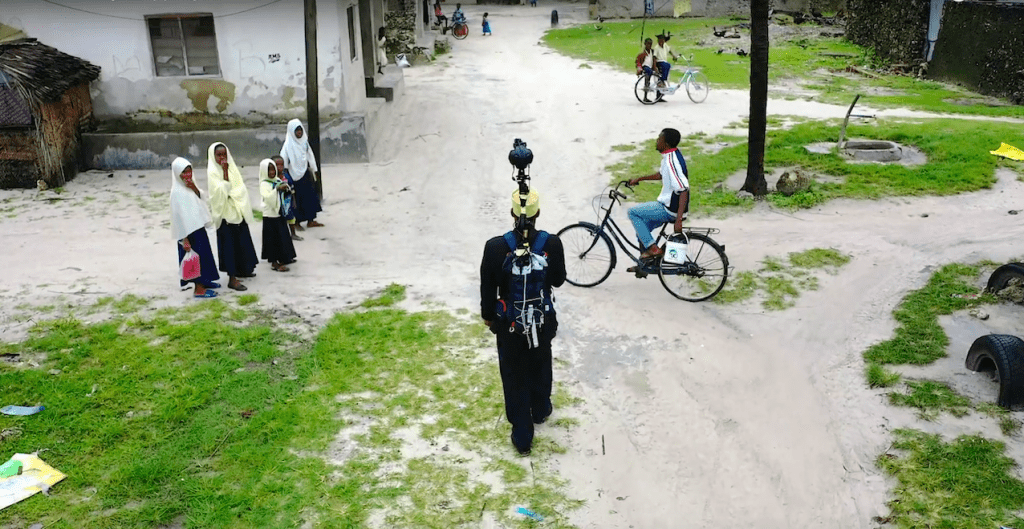
What kind of results have you seen from the project so far?
The local government selected a team of 12 people, most of them young people from university. They're really smart guys that learned the capture process so fast. After a week, we decided to send them to the smaller island of Pemba, and they captured the entire island by themselves, without any help from us! That was the moment when we realized that “our” guys were ready to finish mapping the country.
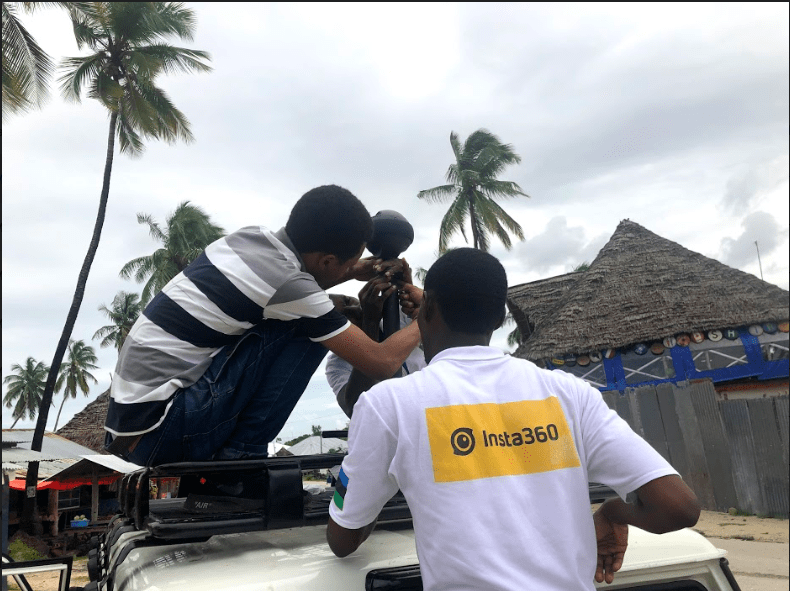
Do you think this is an opportunity that exists elsewhere? What advice would you give to a creator looking to approach governments with similar projects?
I don’t know any other project of this kind in the world and I’m absolutely convinced that this is a model that we can export to many other countries. We are negotiating right now with other nations to start similar projects, and I’m sure that this could be a way to help growing countries by giving them a service and a new job category at the same time.
For those who want to propose the same concept, I strongly suggest to plan everything thoroughly and bring all of the equipment you need. Find a strong local partner, like a government, to speak clearly about the great possibility that a project like this one can offer. We are also open to any kind of collaboration, so if anyone has a contact but lacks experience, you can count on us!
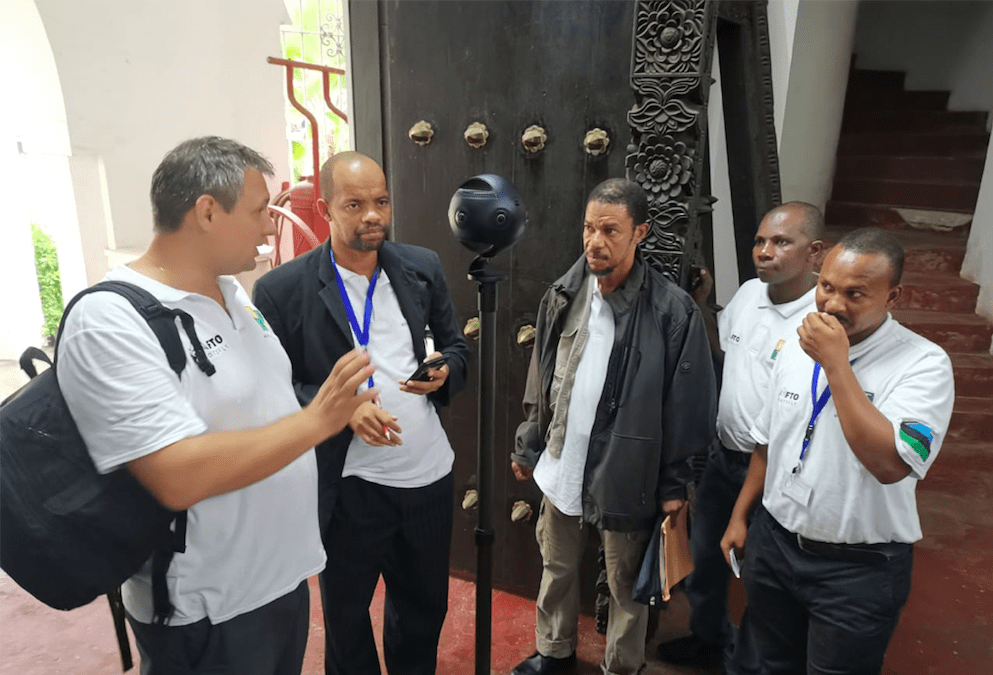
One of the key goals of your project was to empower the locals to continue on their own. How did you do this and have they been able to carry it forward without your help?
Capturing Street View with an Insta360 camera is an easy process so it’s something easy to teach and for locals to pick up. This is so important to remember — the locals know their own country better than any external expert trekker. In Zanzibar, we divided local people into three teams of four people, one for each pro photographer, and we taught them the three most important capturing techniques:
- Walking - wearing a specially designed backpack with an Insta360 Pro on top and capturing in Street View Ready video mode.
- Driving - mounting an Insta360 Pro on the top of a car and capturing in Street View Ready video mode.
- Interiors - capturing panoramic stills and stitching them together, which we accomplish with the help of sponsorship from Street View publishing tool GoThru, which has given us free access to their software.
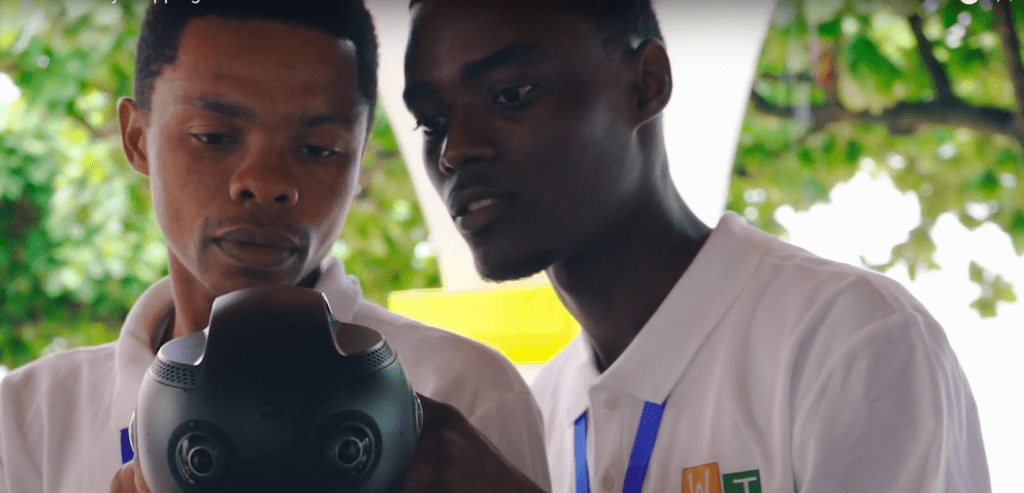
Some people take a cynical view on Google's decision to open up Street View to third-party contributors. Obviously, there are advantages to Google in receiving frequently updated data from contributors all over the world, at no cost.
What do you see as the main value of making contributions to Google Maps? Do you think there are viable business opportunities for individual creators willing to chip into Google's effort to map the planet, or are the fruits of their labor accruing primarily to Google?
Do you remember when we didn't have smartphones? We chatted more, but it was more difficult to work. Is the smartphone good or bad? Every change can be seen as good or bad. Personally, I see the decision Google made to open up to third parties as a great improvement to the opportunities available to people like me and my partners, as well as many others around the world. We can now offer clients initiatives like #ProjectZanzibar.
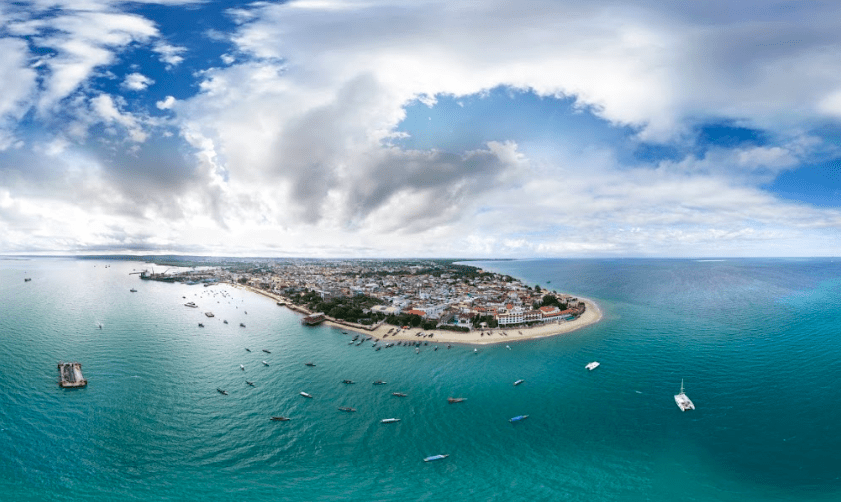
I’m sure that this decision has upsides for Google, but I think that we gain more advantages than them. Thanks to this technology, I have personally created several projects and I also got the opportunity to teach Zanzibar locals how to represent their country on Street View without the need to wait for Google, so for me, it's a net good.
Keen to keep up to date on Insta360 stories? Keep an eye on our blog and sign up for our mailing list. You can also contact our Enterprise team directly to see how 360 cameras can benefit your business.

